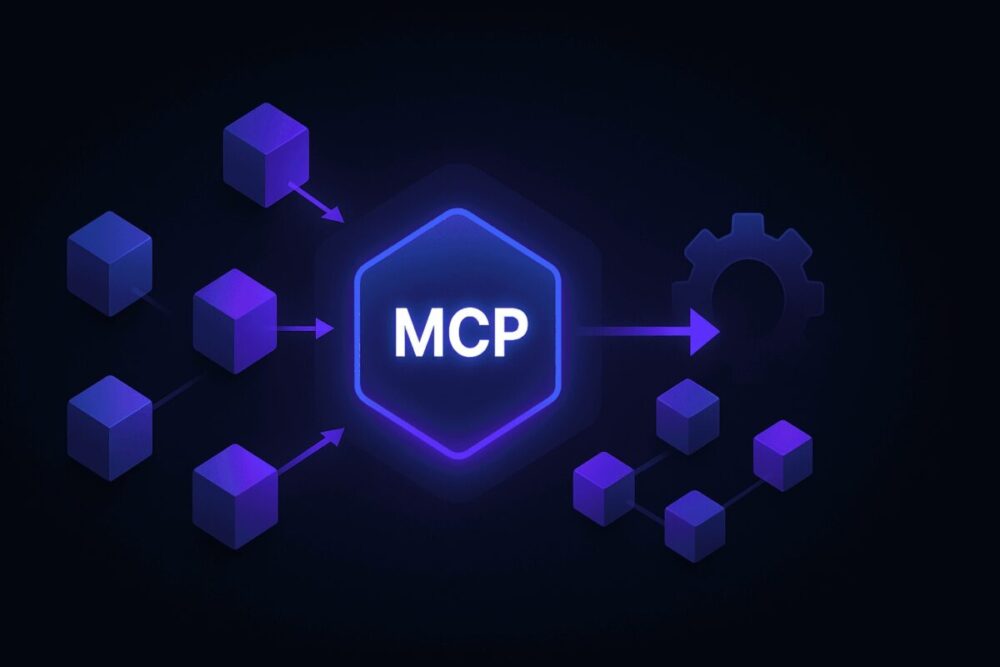It’s hard not to like cookies; there are so many flavors like chocolate chip, oatmeal, and peanut butter. While cookies make for a nice treat, you’ve often seen them somewhere else you can’t physically eat them, and that’s on the internet. You’ll likely get a prompt about accepting cookies whenever you visit a website.
You often click “accept” because you don’t want to go through the hassle of reading the information. Who can blame you; the prompt pops up on every website you visit and is annoying to deal with. And you want to get it out the way so you can continue browsing. But it’s important to know what they are so you’re prepared for any hiccups in the future.

What are Data Cookies?
Cookies are small pieces of information used to identify yourself. After visiting a site for the first time, your browser sends an access request to the site’s server. In return, the server generates a unique ID and sends cookies to your browser. Once you return to the site the next time, the site’s server will recognize your ID and load the page quickly.
After accepting cookies on a site, you’ll notice that the ads you see are tailored to your interests. It’s like conversion APIs, a tool that Facebook (or Meta, whichever you prefer) uses to track marketing preferences. Like conversion APIs, the unique ID created by the cookies sent to your browser modifies your overall experience during that session.
What Are Data Cookies Used For?

The cookies you’re used to are best eaten hot when coming out of the oven. But data cookies are entirely different; they have various purposes, such as:
- Remembering user log-in information
- Identifying user habits
- Learning how users interact with the website
- Enhancing the overall browsing experience by remembering fonts, themes, or items bought
- Tracking user statistics like location and devices used
Although cookies serve a solid purpose in your browsing experience, they can also be intrusive. Advertisers can track where and what your buy, making users feel watched. It can be uncomfortable seeing the same ad when you visit different sites. That’s why some take issue with the Facebook conversion APIs; it feels like it knows too much information about your browsing preferences.
Are There Different Types of Browsing Cookies?

Like the edible ones, there are also different types of browsing cookies. But the ones you’ll most like encounter are session cookies and persistent cookies. Session cookies expire after closing your browser or logging out of a session.
However, they may remain for a short period—like websites remembering information you filled out in an online form.
Persistent cookies remain even after you close your browser. For example, the next time you visit a past website, it’ll remember your specific preferences. These can also be called “first party cookies” since the website creates them. There are a few other types of data cookies, such as:
- Supercookies: These are what advertisers use to track users’ online activity. Unlike session cookies, supercookies can last for years. Supercookies also use your browsing data to create target ads during sessions like conversion APIs.
- HTTPOnly cookies: HTTPOnly cookies store data on the web, not your device. That way, it protects sensitive information from being retrieved by hackers.
- Zombie cookies: Sometimes, although cookies have been deleted, they can still send information back to the site. This usually happens if you leave a site but come back before the cookies expire.
Are Data Cookies Safe?

Yes, cookies are generally safe. They won’t have any viruses or malware in them that can harm your devices. Furthermore, they don’t have access to sensitive information like your passwords or addresses. The primary purpose of data cookies is to collect information about your browsing session to enhance future experiences.
As mentioned above, the only issue with cookies is how advertisers can track them and determine what ads you come across while scrolling online. That’s partly why cookies and conversion APIs have garnered negative attention over time.
It’s also why there are cookie blocker apps to prevent the popup from appearing. But it can negatively impact your session by affecting the website’s performance.
Here’s Everything You Need to Know About Cookies
Data cookies have been around for a long time and will continue to be a staple on the internet. While the prompt can be annoying each time you visit your website, it is harmless.
The cookies only want to enhance your browsing experience and make things easier for you each time you visit a site. However, since the cookies collect information, you should be prepared to see the same ads wherever you go.





